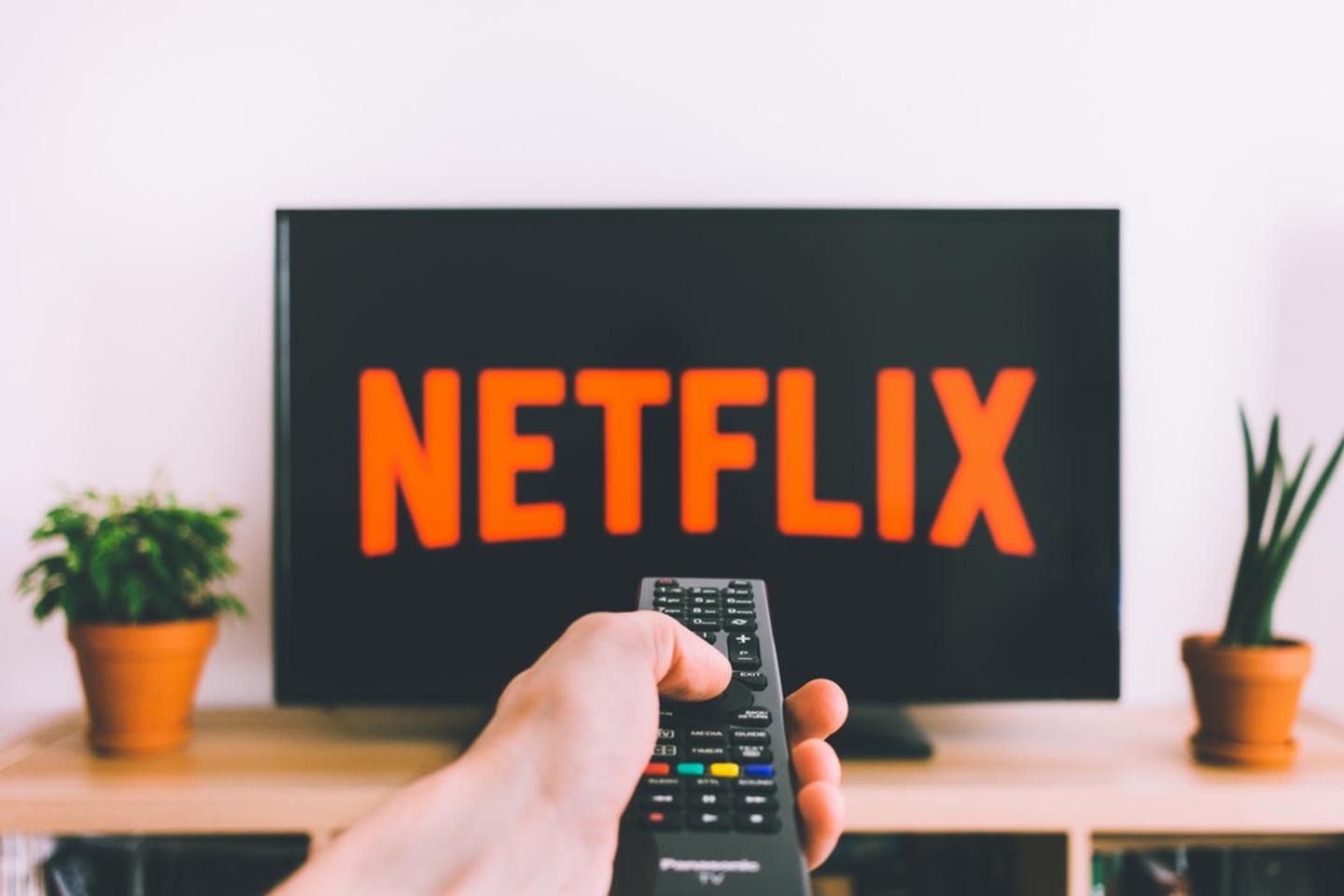When I moved out on my own, I opted not to invest in cable TV and instead, I chose to fill my entertainment roster with an array of streaming services. Like many people, Netflix, Amazon Prime Video, Crave, and Disney Plus have quickly become my “go-to” place to binge my favourite TV shows and waste my life away. Thanks to these sites, gone are the days that we had to worry about timing our bathroom habits around commercial breaks, remember to reserve new movie releases at Blockbusters, have to wait an entire week for new episodes to be released — or, God forbid, miss an episode altogether. These services offer us an incredible amount of convenience in our lives that I think we often take for granted.
Besides the frustration — or rage — that we feel when these services decide to stop offering certain shows or movies (I was truly crushed when Nexflix refused my right to exercise my Friends addiction), there doesn’t seem to be much to complain about. I’ve learned, though, that when something seems “too good to be true,” it probably is. And so — and I hate to break it to you — but yes, our beloved streaming services have a negative effect on our environment.
Similar to how our email accounts need to connect to data centers to power our inboxes, streaming sites also take a large amount of energy to power these entertainment services.
The energy that streaming companies use to power their data centers and distribute content to subscribers, accounts for about 3.3 per cent of global carbon emissions. To put this into perspective, just a short 30 minutes of screen time causes the data servers to use enough energy to emit 1.6 kg of carbon dioxide. So the more you watch, the bigger the environmental impact.
Especially in today’s world, where COVID-19 left us locked down in our homes and hooked on watching Tiger King on repeat, these services are only increasing their consumer traffic and, in turn, their energy usage. In fact, streaming services are said to account for up to 87 per cent of internet traffic since the pandemic, with 75 per cent of people noting that they have significantly increased their streaming time since the pandemic hit.
Although Netflix did release a sustainability report in 2019 that outlined their support of emission-reducing projects, their solution felt lacking. Instead of outlining energy-saving solutions, they expressed their commitment to donating excess food waste, reducing in-office paper use, and featuring David Attenborough documentaries about environmental issues to bring awareness to these major global issues. As much as I love Attenborough (seriously, I am a big fan), there doesn’t seem to be much accountability taken by a major streaming company to rectify this problem.
While I strongly believe that large companies need to take responsibility for these environmental impacts, subscribers of these services can take small steps in reducing how much energy they use. Apart from the sheer volume of files that these companies store in data centers, a large environmental culprit seems to be the upgrade to High-Definition (HD) files. Although the visual quality is better, HD files are larger and use up more energy to process through data centers. So an easy fix is to just switch your default setting to Standard-Definition (SD) instead.
And as a general rule of thumb, try your best not to stream content that you are just turning on as a background distraction, be conscious of your screen time, and ask yourself if your “Netflix and chill” date is worth the added carbon footprint.
Image: freestocks / Unsplash
Sydney is a BA English major, creative writing student, who has been a content contributor for The Cascade and is now the Opinion editor. In 7th grade, she won $100 in a writing contest but hasn’t made an earning from writing since. In the meantime, she is hoping that her half-written novels will write themselves, be published, and help pay the bills.


